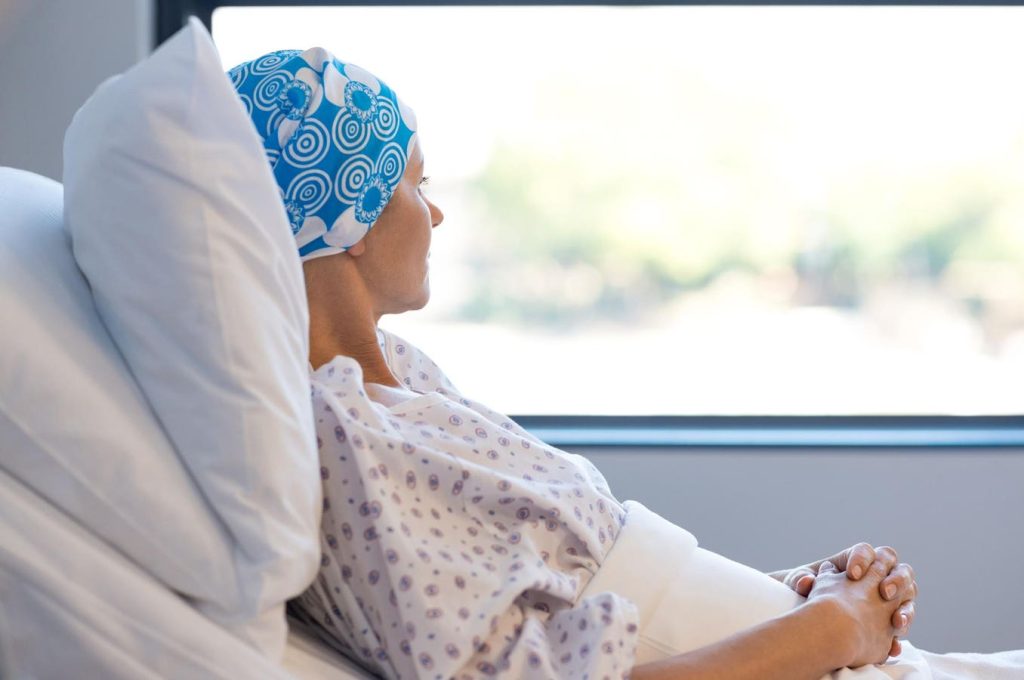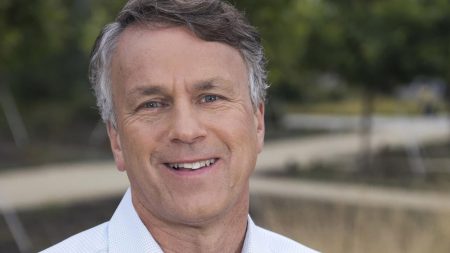A recent study conducted by researchers from Cambridge University found that breast cancer survivors in England’s poorest areas are more likely to develop a second form of cancer. The study, which analyzed medical records from nearly 600,000 people over 25 years, revealed that women in the most deprived parts of England had a 35% higher overall risk of developing second cancers compared to those in wealthier areas. They were also at a higher risk of developing specific types of cancers such as lung (166% higher), stomach (78% higher), and kidney (43% higher).
Furthermore, the study found that younger breast cancer patients were at a higher risk of developing a second cancer after surviving breast cancer. Women diagnosed with breast cancer under the age of 50 had an 86% greater chance of getting another form of cancer than the general female population, while those diagnosed over 50 had a 17% higher chance. The research shed light on the increased risk of developing secondary cancers after surviving breast cancer, with women being 87% more likely to develop endometrial cancer, 58% more likely to develop cancer in the unaffected breast, and 25% more likely to get ovarian cancer.
While men who had survived breast cancer were also found to be at a higher risk of developing certain cancers such as prostate and thyroid cancer, the overall number of affected men in the study was relatively low. The study, which is observational in nature, emphasized the need for further research to identify specific factors driving the higher risks of developing second cancers and to reduce inequalities in cancer outcomes.
Oncologist and cancer campaigner Pat Price highlighted the need for a dedicated cancer plan to address health inequalities that contribute to higher rates of cancer in deprived regions. The issue of health inequality is a major concern in the UK, with widening gaps between the richest and poorest populations. A 2022 restructuring of health commissioners in England aimed to reduce health inequalities at a local level, but deprivation continues to impact patients’ access to care and outcomes.
The study’s lead author, Isaac Allen, emphasized the importance of understanding and addressing the specific factors that contribute to higher risks of developing a second form of cancer after surviving breast cancer. While cancer treatment is free in the UK, patients often face additional expenses such as travel fares, as highlighted in a recent Lancet report. The report found that many breast cancer patients struggled to cover the cost of travel for treatment, highlighting the financial burden faced by patients despite free healthcare services.
Overall, the study underscores the need for targeted interventions to address health inequalities and improve outcomes for cancer patients, particularly in deprived regions. Further research is needed to identify and address the factors driving higher risks of developing second cancers after surviving breast cancer, with the ultimate goal of reducing disparities in cancer outcomes across different socioeconomic groups.















